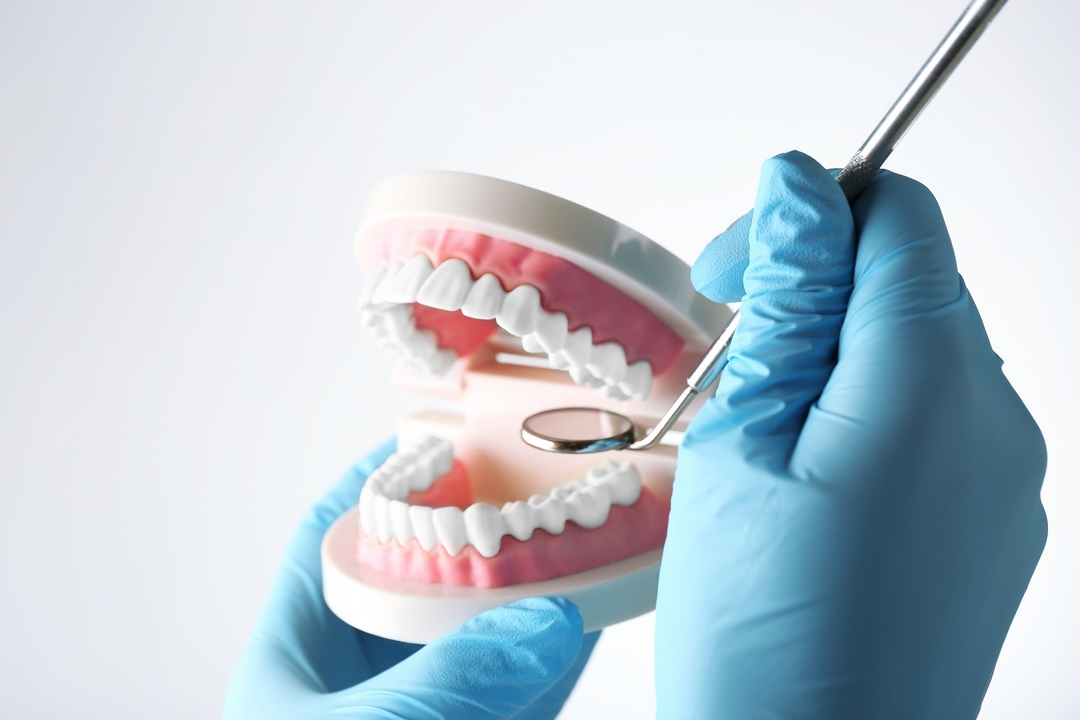Dental Care, Treatments, and Buying Dental Meds Online
Dental problems are common and can be urgent. On this page you'll find clear guides about tooth pain, antibiotics for infections, painkillers after procedures, and how to pick safe online pharmacies for dental meds. I focus on practical tips you can use right away—what to ask your dentist, when to rush to a clinic, and how to avoid fake meds online.
Need an antibiotic after a root canal or a quick painkiller for a wisdom tooth extraction? Not every medicine fits every case. This tag collects articles that explain common dental drugs like amoxicillin, clindamycin, and ibuprofen, plus how they interact with other medicines. You’ll also get simple dosing notes and red flags that mean you should contact your dentist or GP.
Buying dental medicines online safely
Buying meds online can save time, but safety matters. Look for pharmacies that require a prescription, show a physical address, and have verified third‑party seals. Avoid sites offering heavy antibiotics without asking for a prescription, and never buy pills that arrive with no labeling. If pharmacy reviews look fake—short, glowing, or posted days apart—skip that seller.
Check the packet when it arrives: correct drug name, batch number, expiry date, and patient leaflet should be there. If anything looks off—different color tablets, no leaflet, or damaged packaging—don’t take the medicine and contact the pharmacy. For urgent infections, get local care instead of waiting for an international shipment.
Everyday dental care and what to expect
Prevention beats treatment. Simple habits—twice daily brushing with fluoride, daily flossing, and regular dental checkups—cut your risk of infections and big procedures. If you have dry mouth, diabetes, or heart issues, tell your dentist; these affect treatment choices and medicine safety. Pregnant people should always check with their dentist and midwife before taking antibiotics or painkillers.
Dental emergencies include uncontrolled bleeding, severe swelling, high fever, or severe pain that stops you sleeping. For cracked teeth or knocked-out teeth, quick action matters—wrap a knocked-out tooth in milk or saliva and visit an emergency dentist within an hour if possible. For infections with spreading swelling or difficulty breathing, go to A&E immediately.
Use this tag to find honest pharmacy reviews, step‑by‑step medicine guides, and clear comparisons of dental drugs and alternatives. If you're unsure about a treatment or a pill, bring photos of packaging and the pill to your dentist or pharmacist. Quick, simple checks can prevent bad outcomes and save money.
Remember drug interactions can change dental care. Tell your dentist about blood thinners, bisphosphonates, diabetes meds, and supplements like fish oil or vitamin K that affect bleeding. If you're on a heart valve or joint replacement, you may need antibiotics before some procedures—ask your dentist. Store medicines in a cool dry place away from children. For kids, use liquid antibiotics accurately with an oral syringe and finish the course. If a pharmacy asks for odd payment methods or offers huge discounts, be cautious—legit sites use standard payment processors and clear policies.






